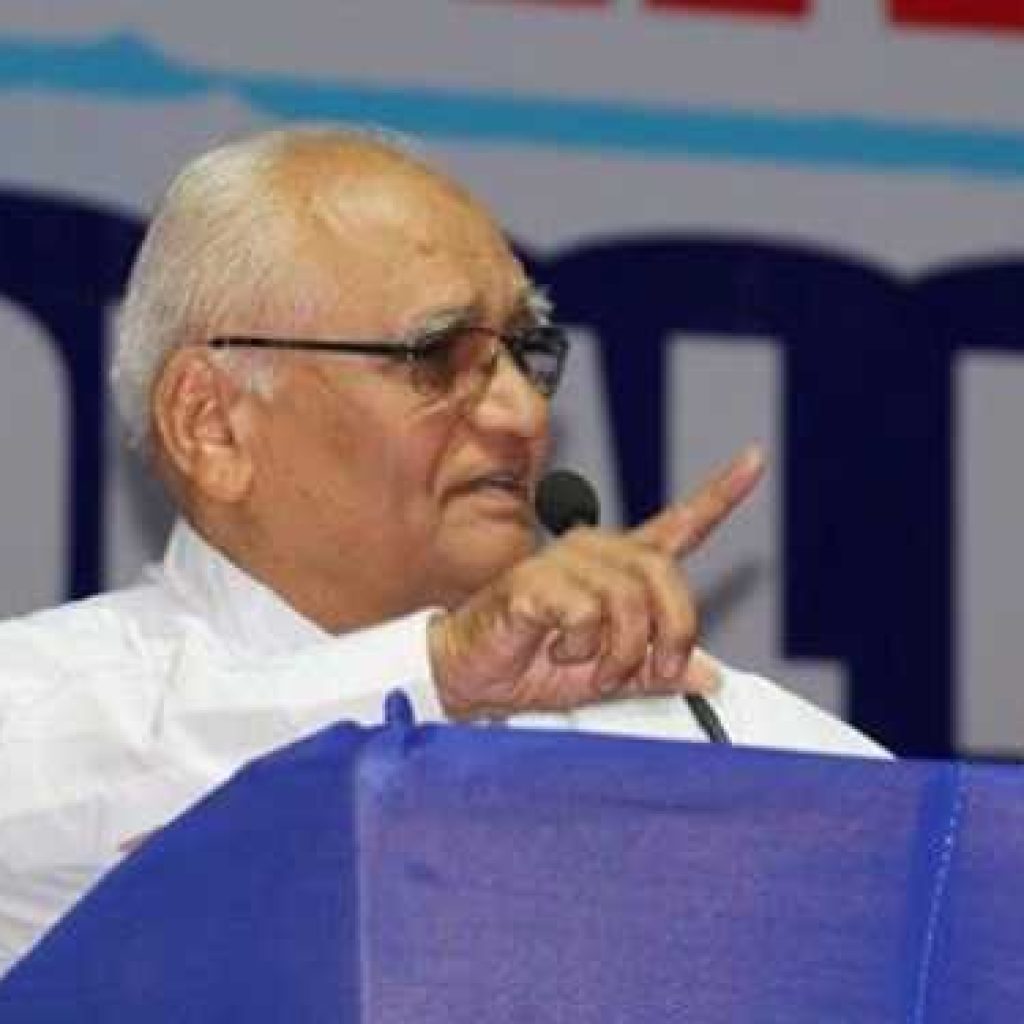
MURL Chairperson Justice B G Kolse Patil said that in his press statement, The UP STF chargesheet in the Siddiqui Kappan case is a highly disturbing document that goes against the Supreme Court’s efforts to read the sedition law and prevent its misuse. During a preliminary hearing on a bunch of petitions challenging the sedition law, the Chief Justice of India, N V Ramana, expressed concern over the misuse of the law and the lack of accountability of executive agencies. The Supreme Court’s stance reinforced growing criticism that the colonial-era law was being misused by the state to curb citizens’ freedom, including freedom of expression.
In recent times, the Court has been consistently barring sedition, citing the rigor in the enforcement of the archaic law and the lack of due process. This has pointed to a low conviction rate in these cases, which have shown a significant increase since the year 2016, according to the NCRB data, sedition cases, and those under the stringent Unlawful Activities (Prevention) Act saw a rise in 2019, but only 3% of sedition cases led to convictions.
In this backdrop, the 5,000-page chargesheet filed by the UP Special Task Force against Delhi-based journalist Siddiqui Kappan only corroborates the many apprehensions and concerns that have been expressed by civil liberties groups and supported by the apex court. The chargesheet lays out strange allegations against Kappan, who was arrested a year ago, when he was on his way to Hathras in UP to report on the murder of a Dalit woman.
Kappan was booked under the stringent UAPA, and also charged with sedition (Section 124A of IPC). He has been accused of conspiring to incite unrest and riots – the chargesheet claims that Kappan did not write as a “responsible” journalist, “reports only and only to incite Muslims”, and of Maoists and communists and expressed sympathy with It. They has presented volumes of 36 articles written by Kappan in Malayalam – on anti-CAA protests, riots in northeast Delhi, Nizamuddin Markaz gathering during Covid – as evidence. The STF has attached a case diary note, discussing an article written by Kappan during the anti-CAA protests at Aligarh Muslim University, saying, “In the writing, Muslims are portrayed as victims. (Who were beaten up by the police and were asked to go to Pakistan).
Kappan has also been accused of serving as a “think tank” of what they call “Popular Front of India (PFI)”. These “accusations” are unthinkable, unbearable, and too fictitious think that they might constitute treason. Clearly, the UP STF is attempting a new definition of crime, in which the government grades any dissent and criticism.
The chargesheet against Kappan is a highly disturbing document that goes against the Supreme Court’s efforts to read the sedition law and prevent its misuse. This creates much of the fear that has been highlighted by the court – “executive agencies severely limit individual liberties and criminalize dissent by using a vaguely worded law”.
